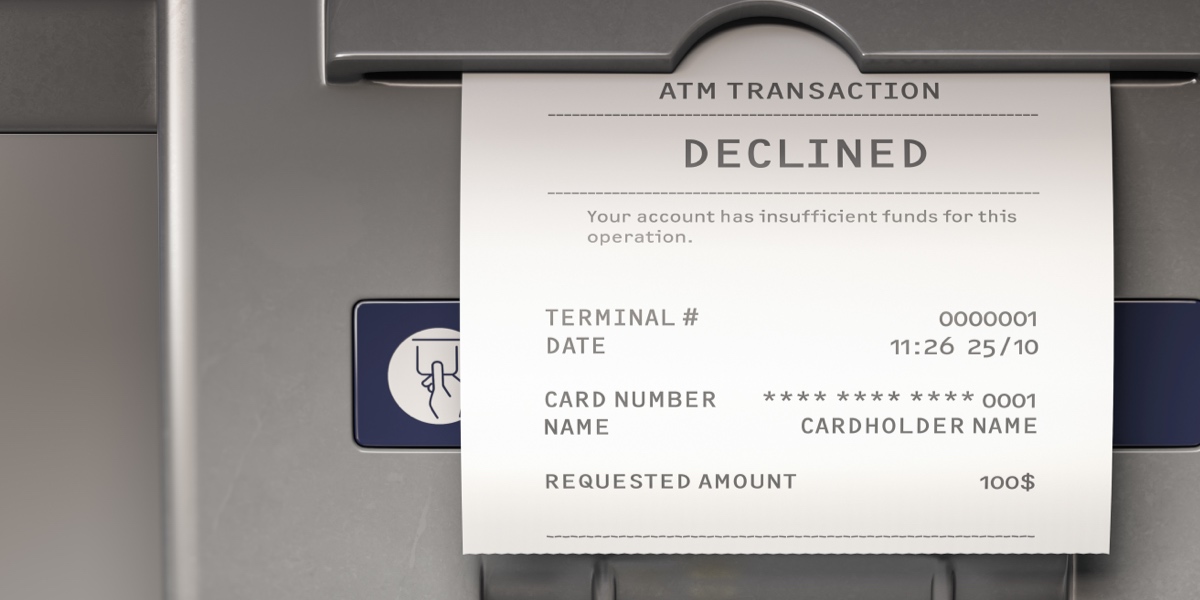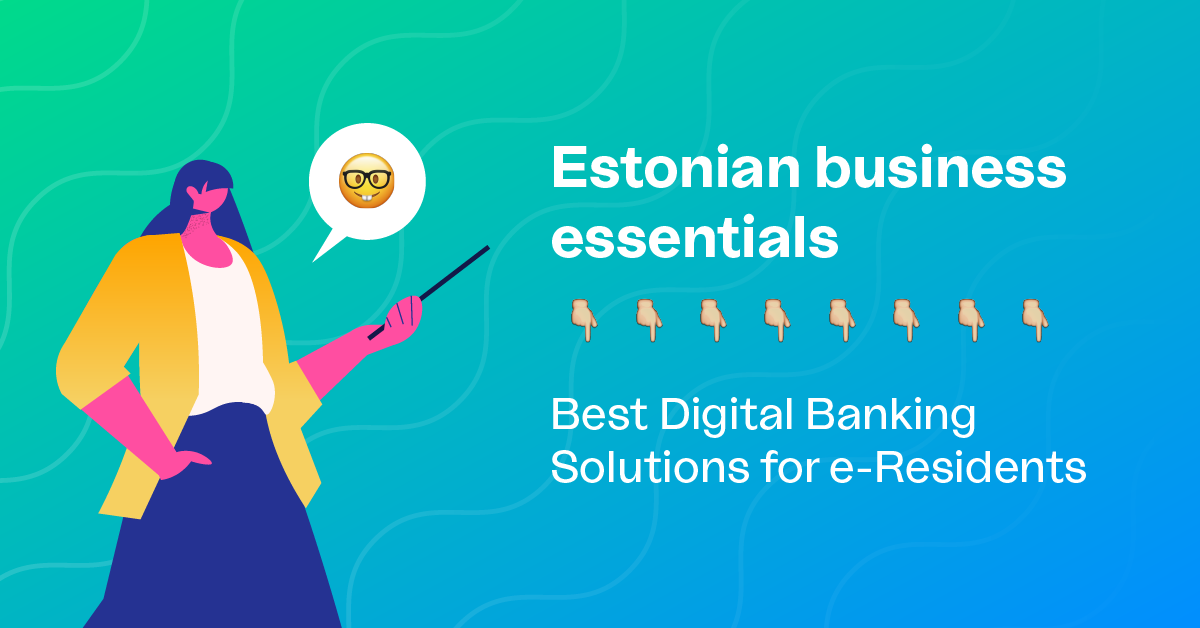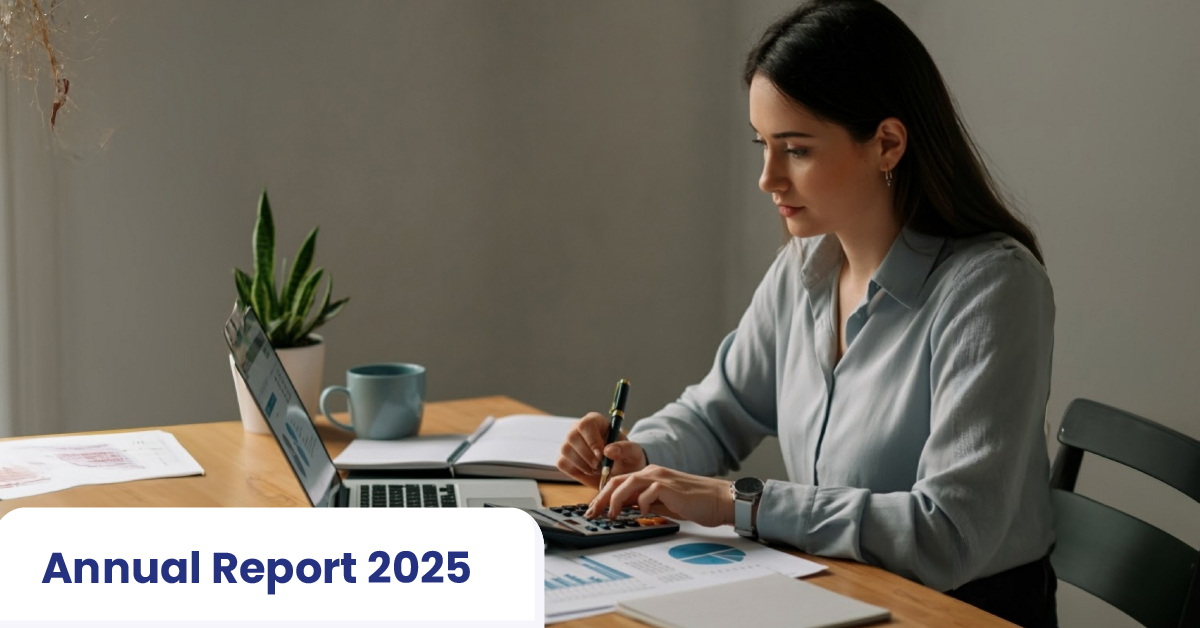What is IBAN discrimination and how you can fight against it?

The European Union was one of the best ideas of the 20th century. It made our world bigger, freer, and more diverse. It also gave us access to one of the largest markets that exists today, exponentially multiplying the possibilities for growth of our business .
However, different countries of the European Union have adapted to the EU mindset at different speeds. Some companies or even institutions, unfortunately, despite being able to enjoy all the advantages of being in the common market, live with their backs to Europe.
What is IBAN discrimination, how does it affect your business, and how can you fight it?
What is IBAN discrimination?
It is a more common phenomenon than it may seem, especially in some EU countries, and especially if you have a foreign bank account. Say you are an expat. After renting an apartment in your new city, you go to the office of the electricity, water, or heating service supplier, and try to set the payment of their fee with the IBAN from your Lithuanian, German or Estonian account. The lady at the desk in front of you, quite kindly, looks at you as if you came from another planetary system and tells you that she needs you to give her a “normal” account (meaning: a local bank account) 🤦.
In some cases, local service companies and even governmental institutions, from city councils to a Ministry’s office, can claim that they are incapable of receiving any payment from you from your EU account.
It’s important to emphasize that, since 2014, this is not true. As members of the EU, our bank accounts with European IBANs are as valid as any other bank account in the country where you are located.
How does it affect your business?
This discrimination is especially annoying when it affects your business. Either because you want to set a payment for temporary services (such as a coworking fee) or one-off charges (such as paying for office supplies, a new laptop or a smartphone for one of your employees), it always leads to unpleasant situations, and the dilemma of whether to open a bank account in that country.
Opening a bank account for your Estonian business in a foreign EU country is far from ideal, especially since you are exposed to the problems that plague local banks, such as paperwork, bureaucracy, and integrating them with your accounting procedures later.
The good news is that this discrimination is, indeed, ilegal. Let’s see why, and describe your options if you personally (or your company) are in such an unfortunate situation.
Is IBAN discrimination legal?
No, it is not. In 2014, all payments from the European IBAN to the European IBAN were harmonized when the IBAN became the standard identifier for all bank accounts in the SEPA (Single European Payment Area).
That means that if a company, business or institution, claims that it cannot accept your IBAN, that’s illegal. It does not matter if they claim that their computer system can’t store your IBAN, or it’s a simple matter of disregard or ignorance, they have the obligation to accept your bank account.
What can you do?
We advise you to:
- Inform them that they are obliged to accept the IBAN of any other SEPA country. Here you have the article of the European SEPA Regulation.
- Ask for the complaints form or file a formal written complaint.
- If you do not receive a satisfactory response to your complaint, you can report a violation of the law to the competent authority (either that of the country you are in, or that of Estonia).
- If everything else fails, you can submit a case thanks to the initiative created by Wise called “Accept my IBAN”.
- Finally, there are companies that can help you take legal action against the discriminating business or entity.
Conclusion
Strange as it sounds, IBAN discrimination is an illegal practice that still occurs more often than it still should in many European Union countries. In this article we talk about it, how it affects you, and how you can fight it.
 Ignacio Nieto
Ignacio Nieto


